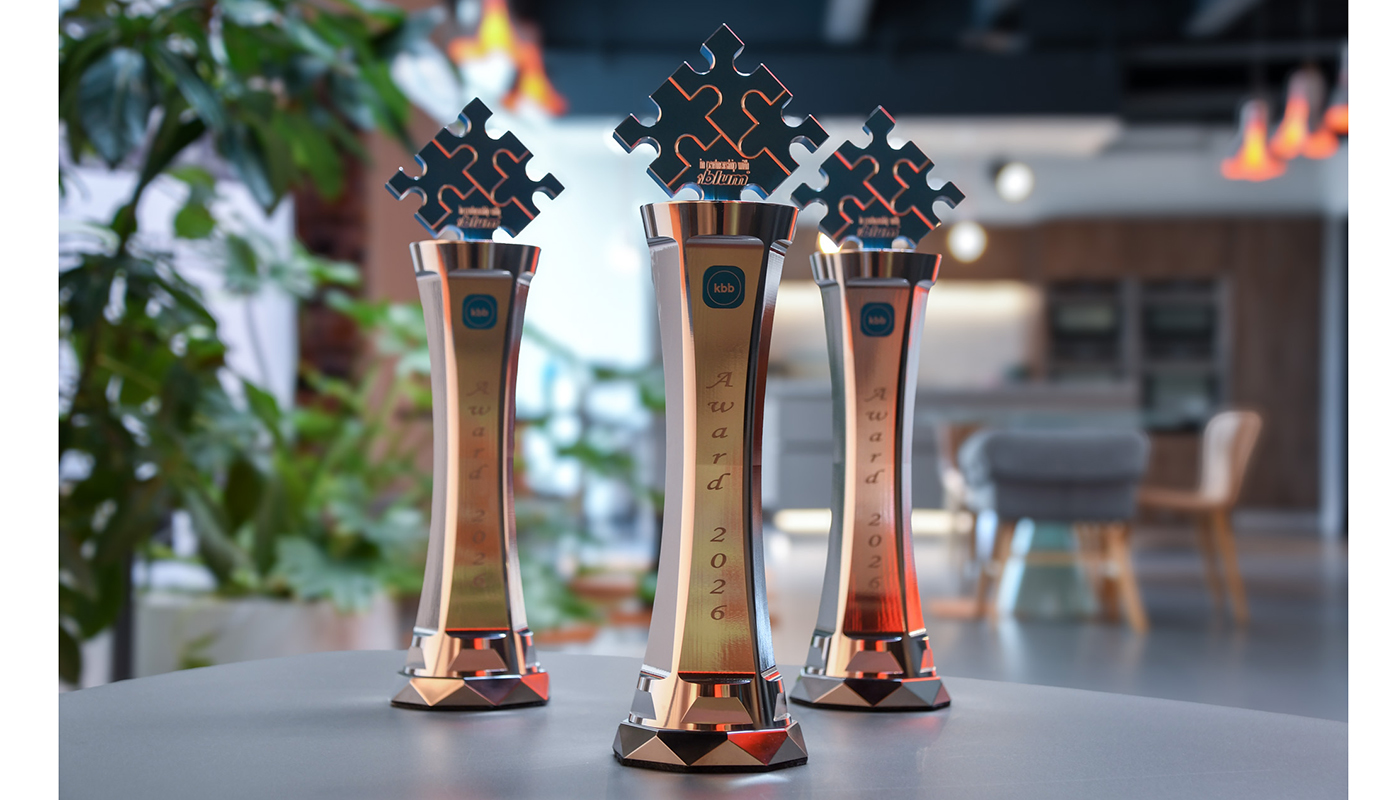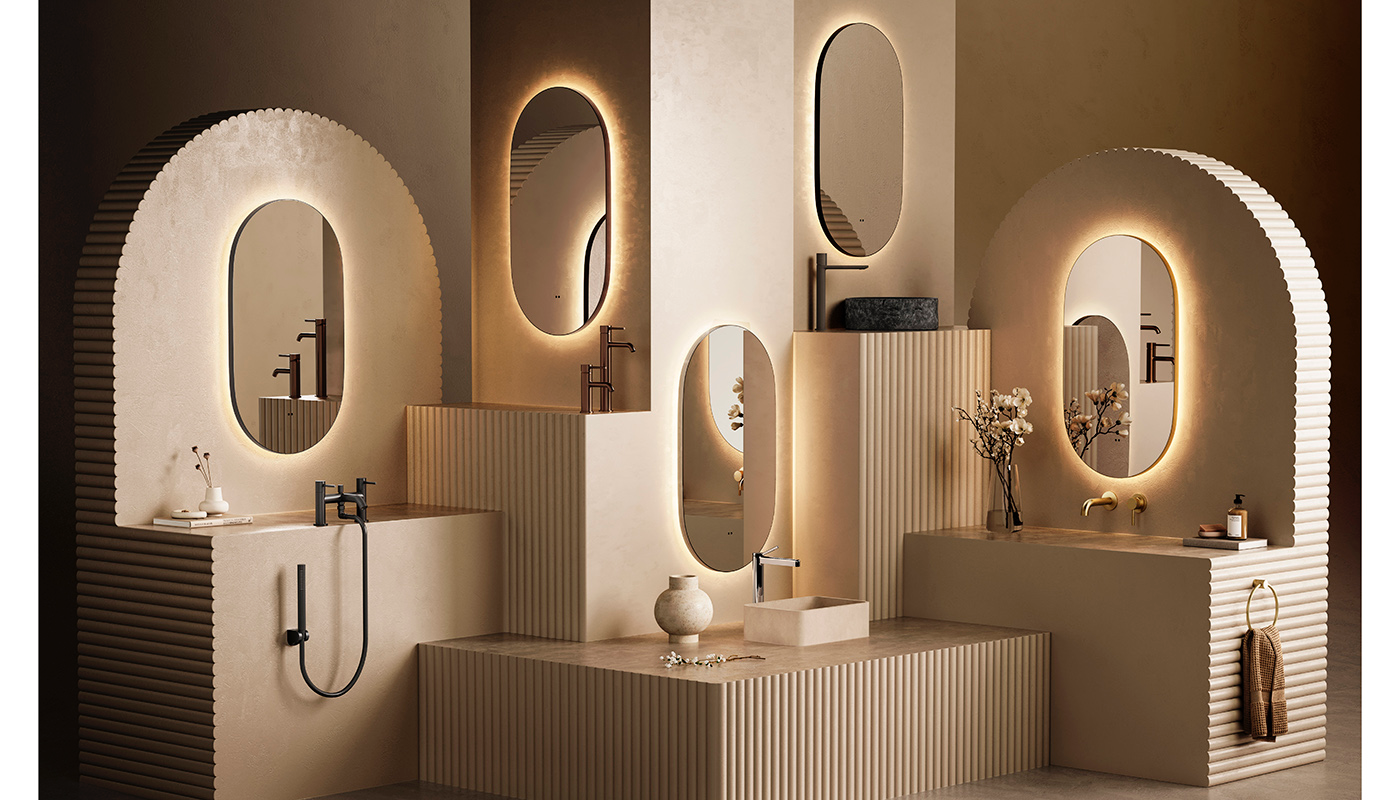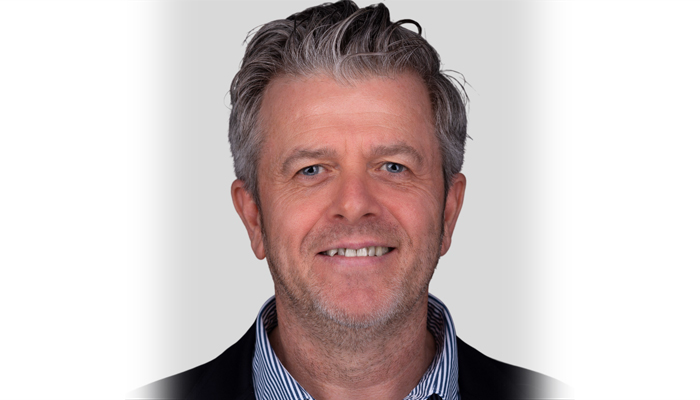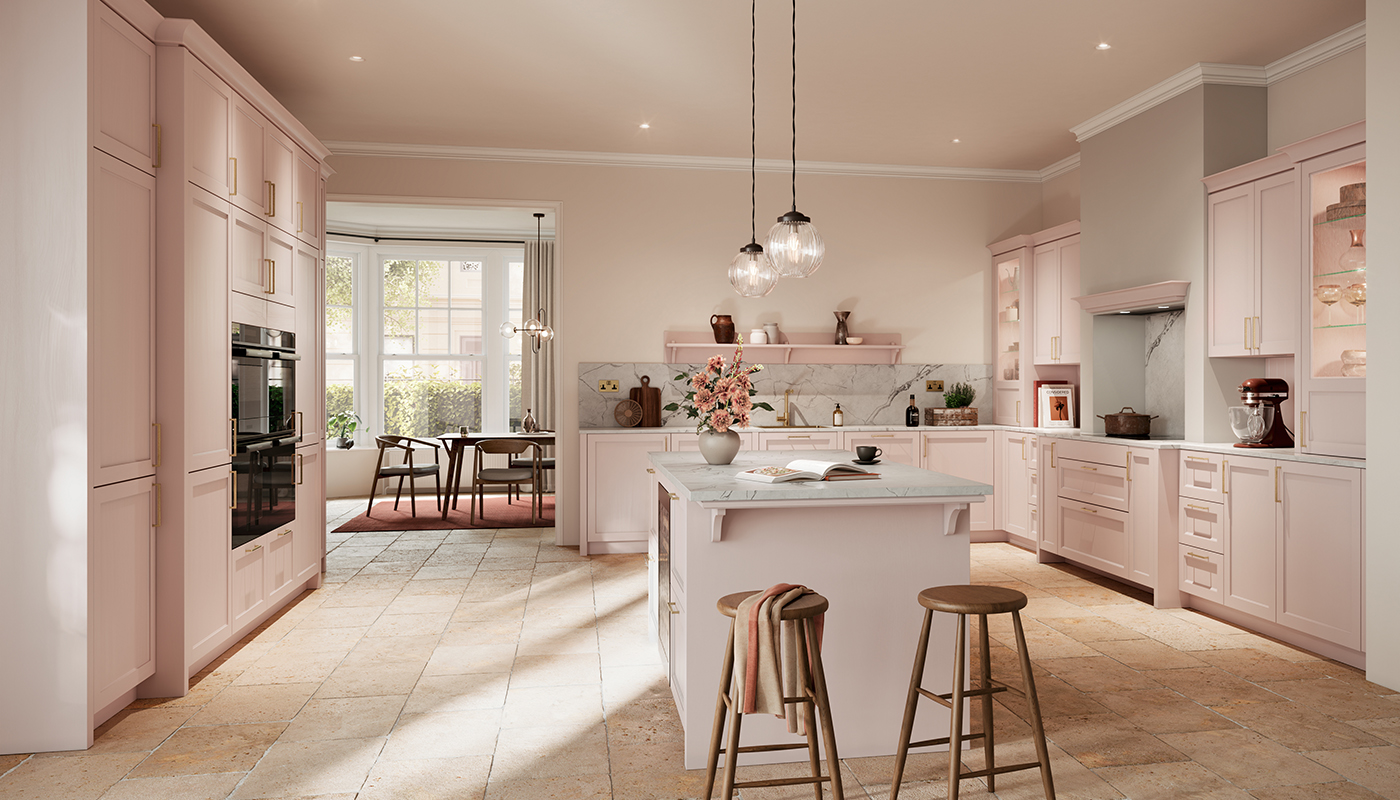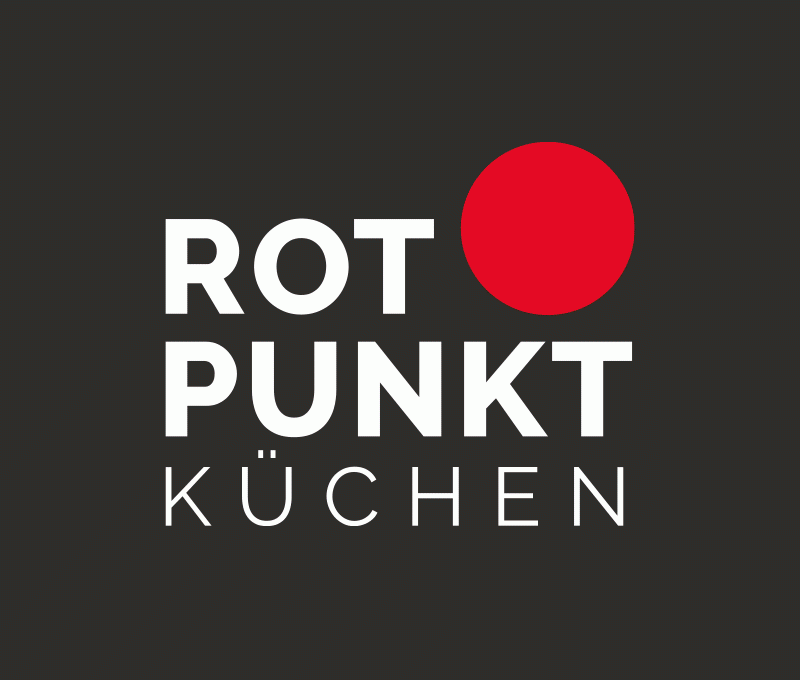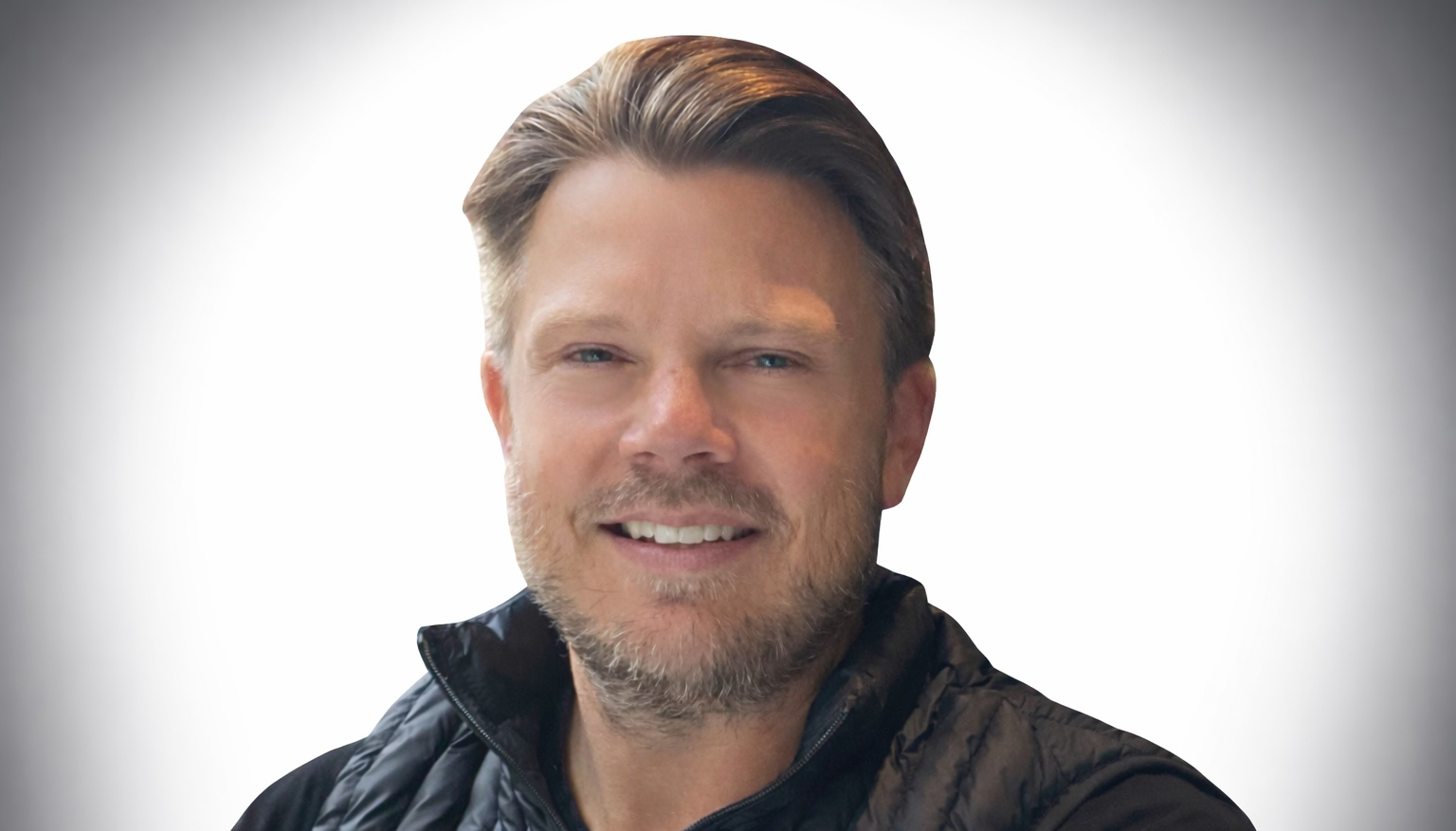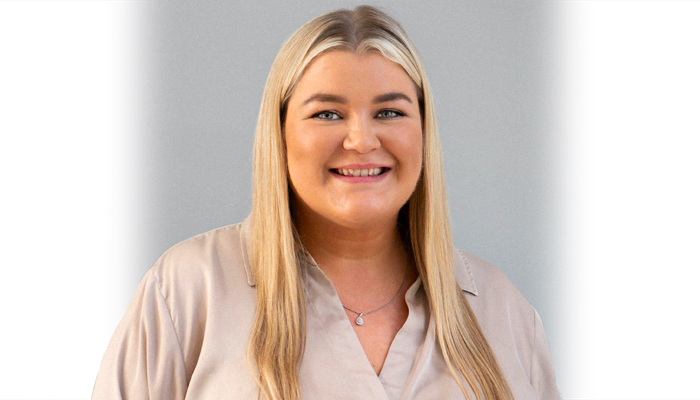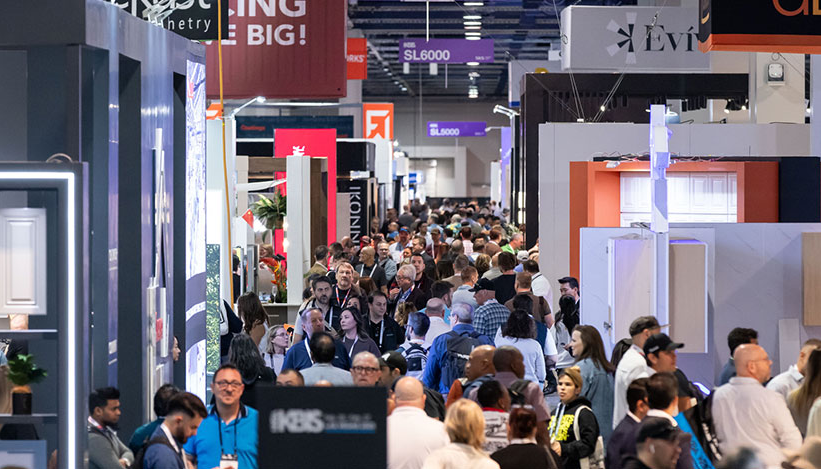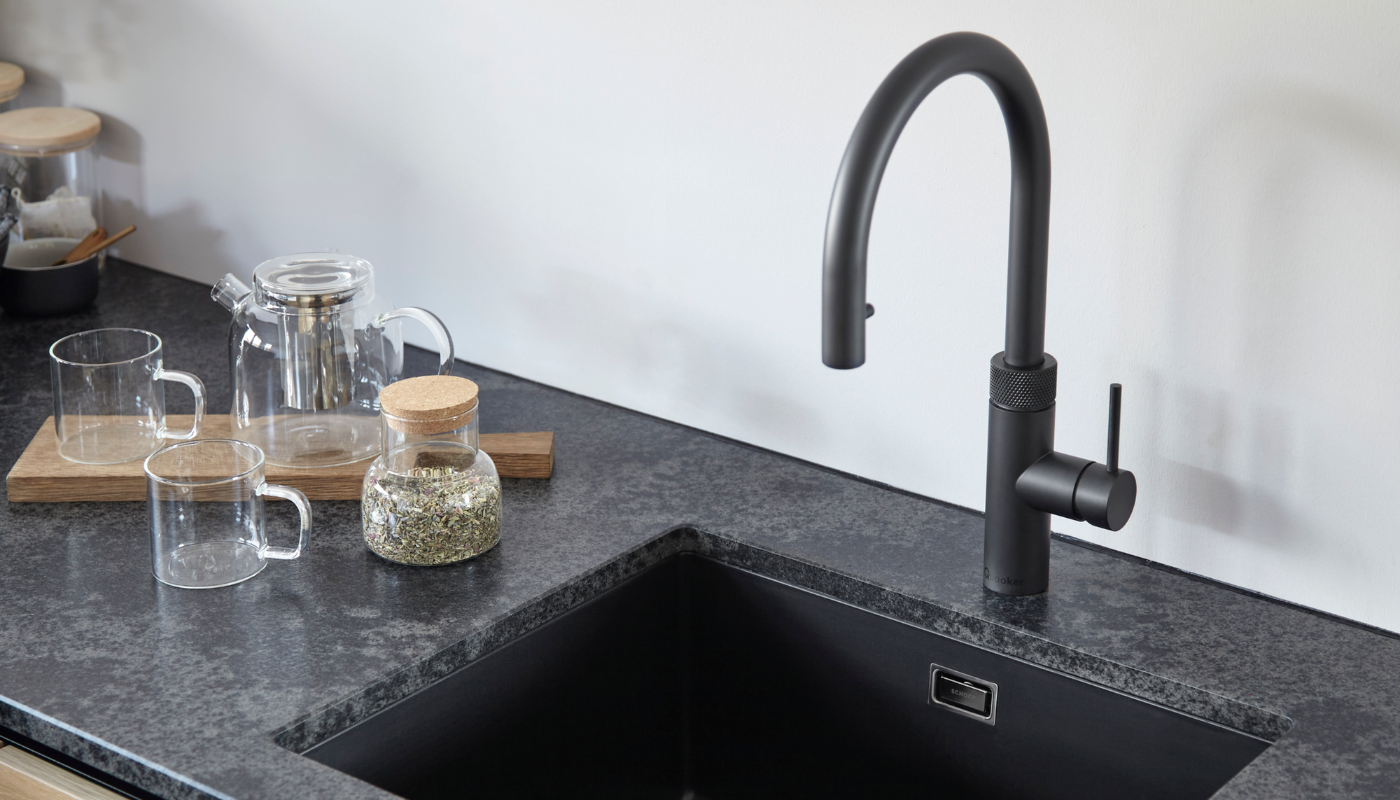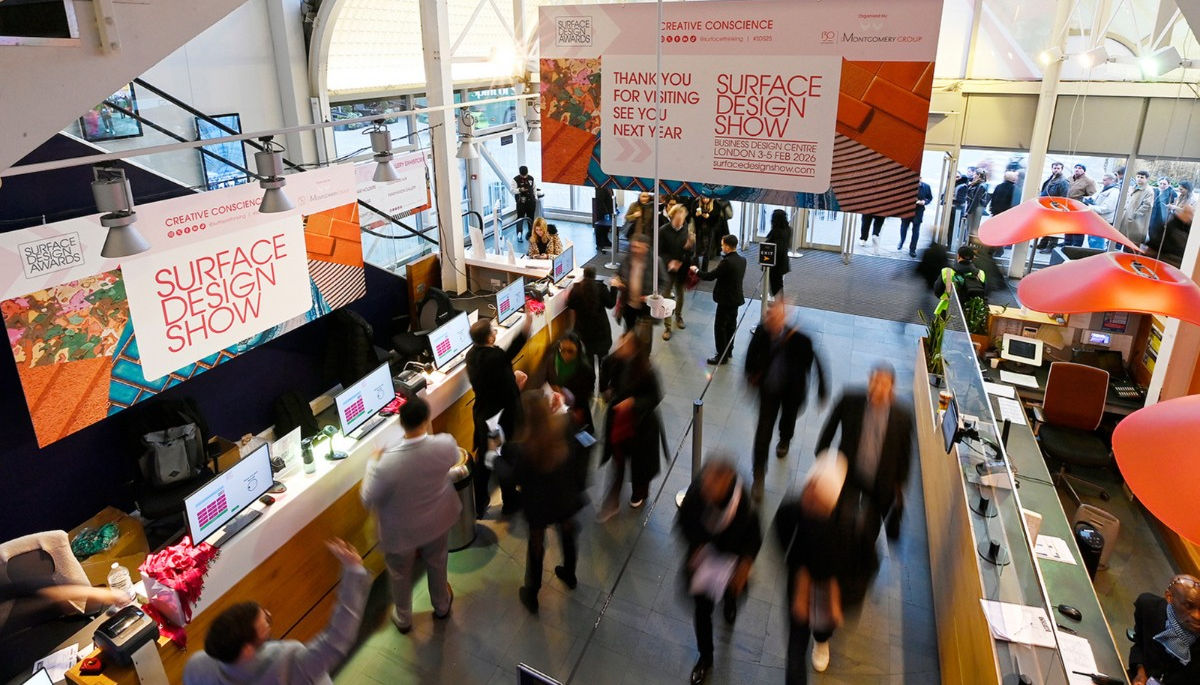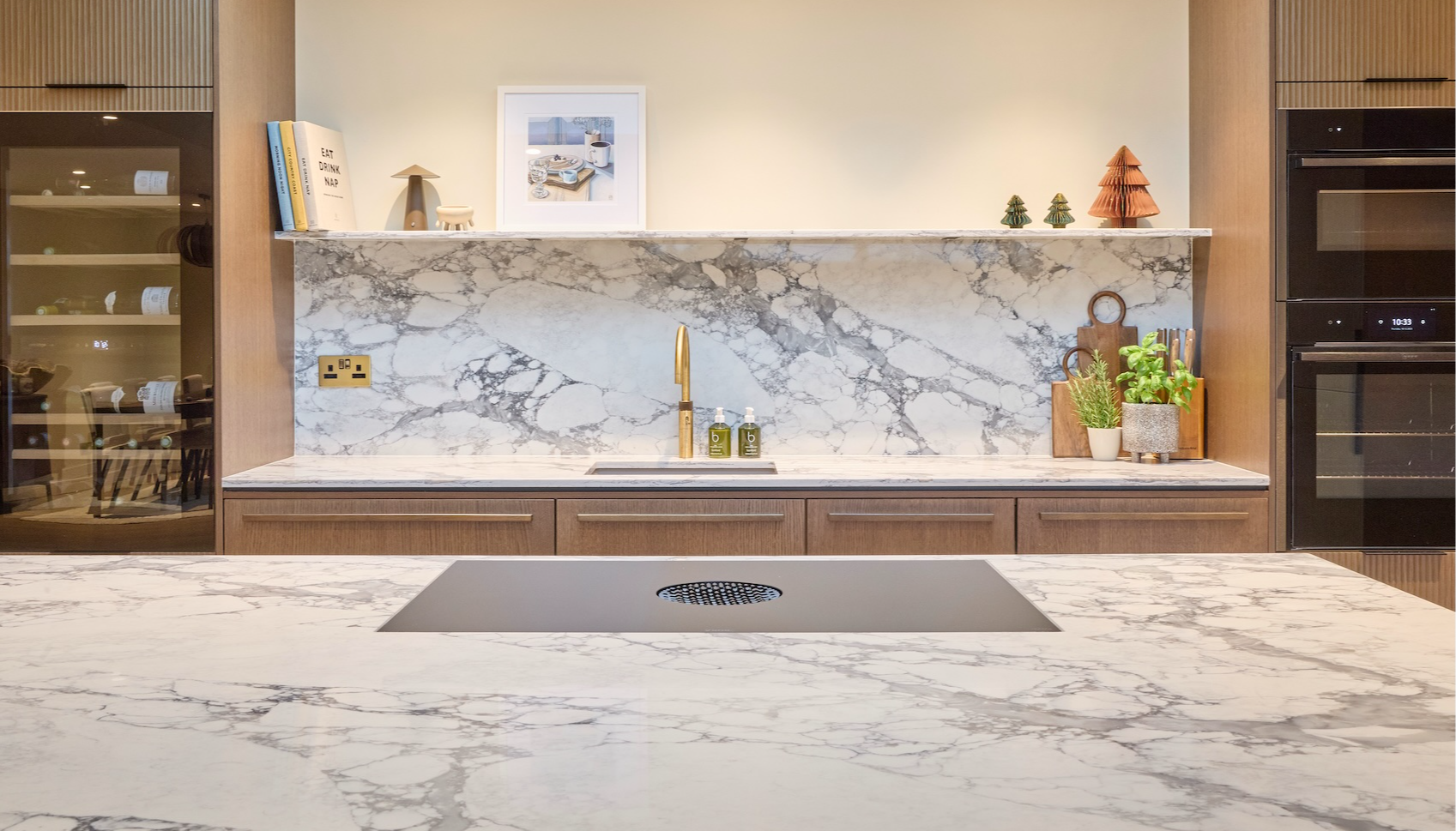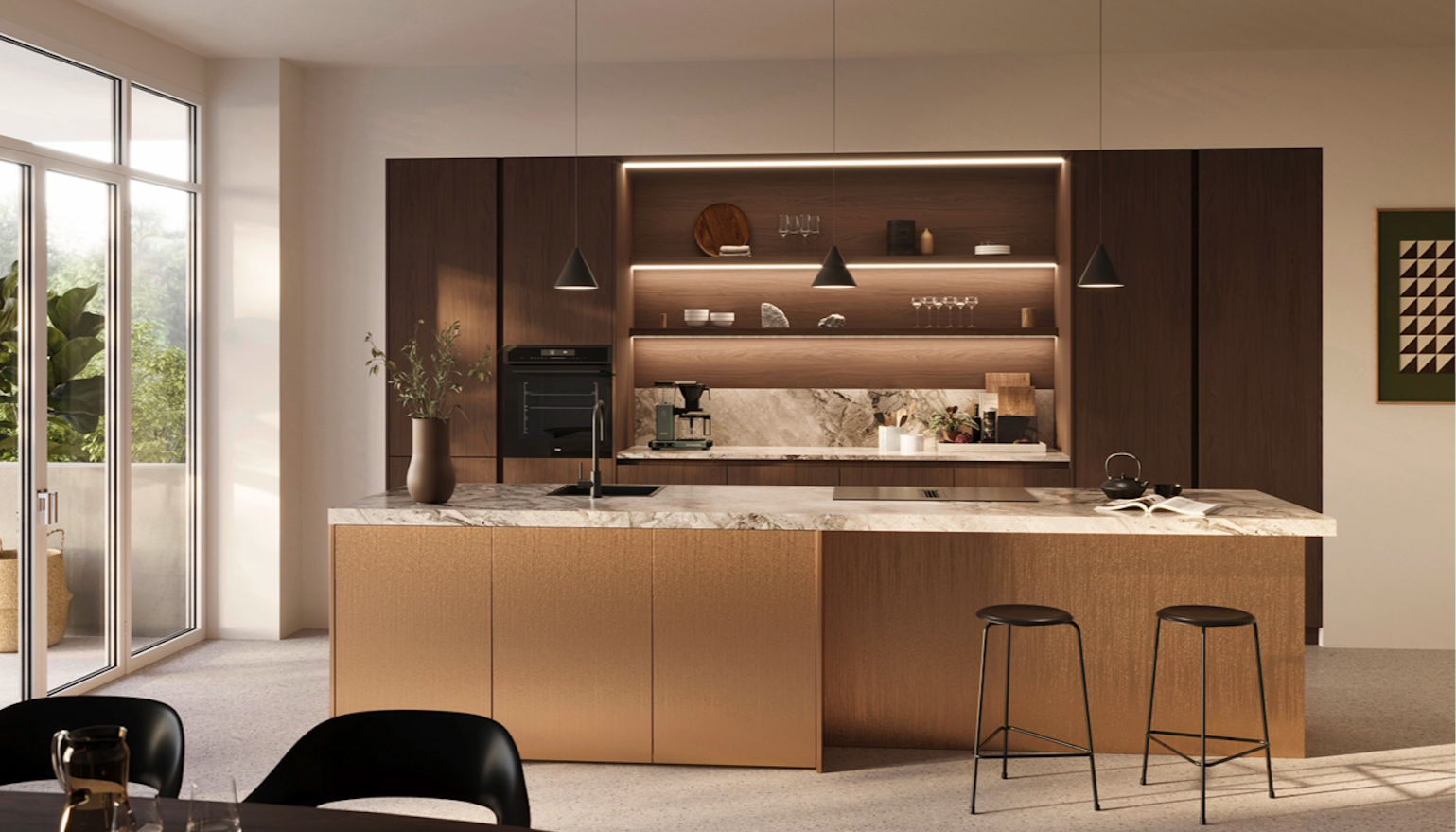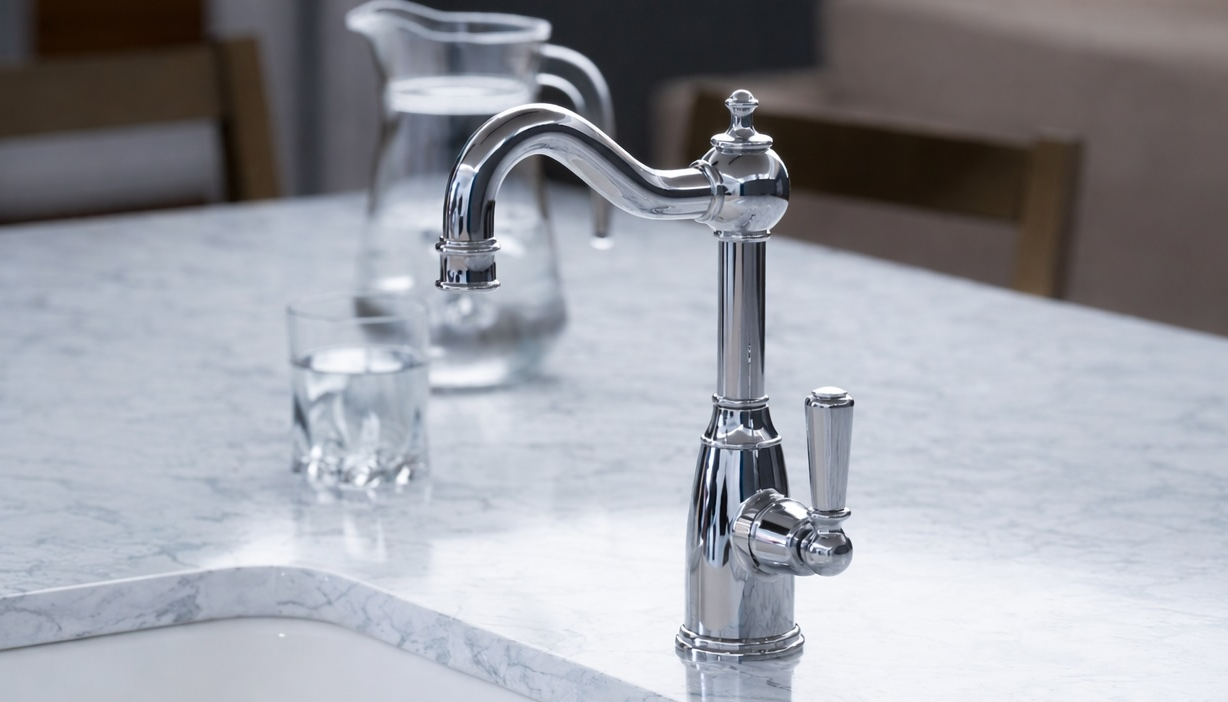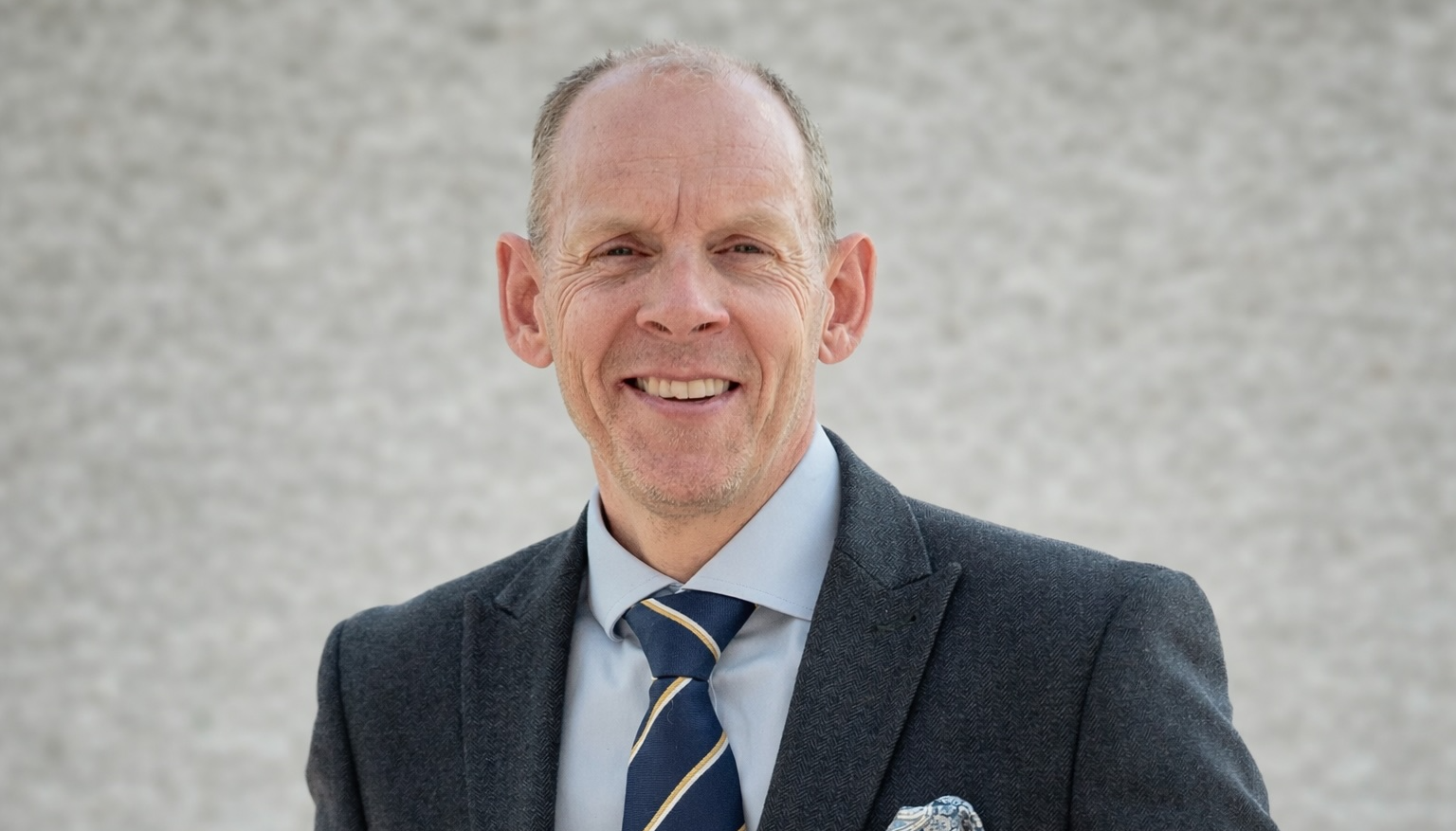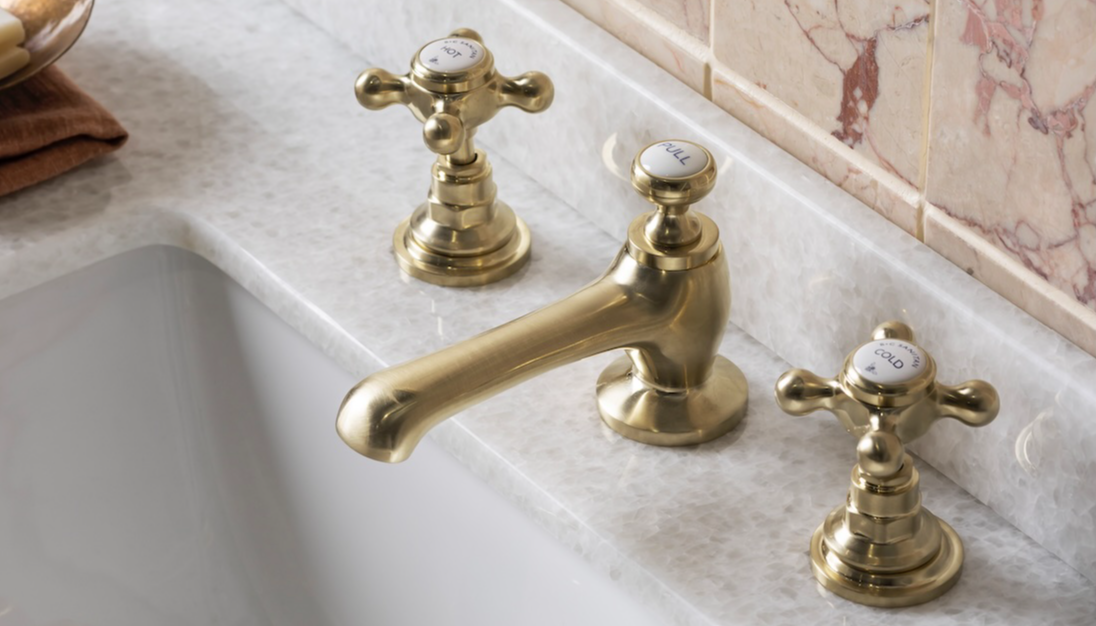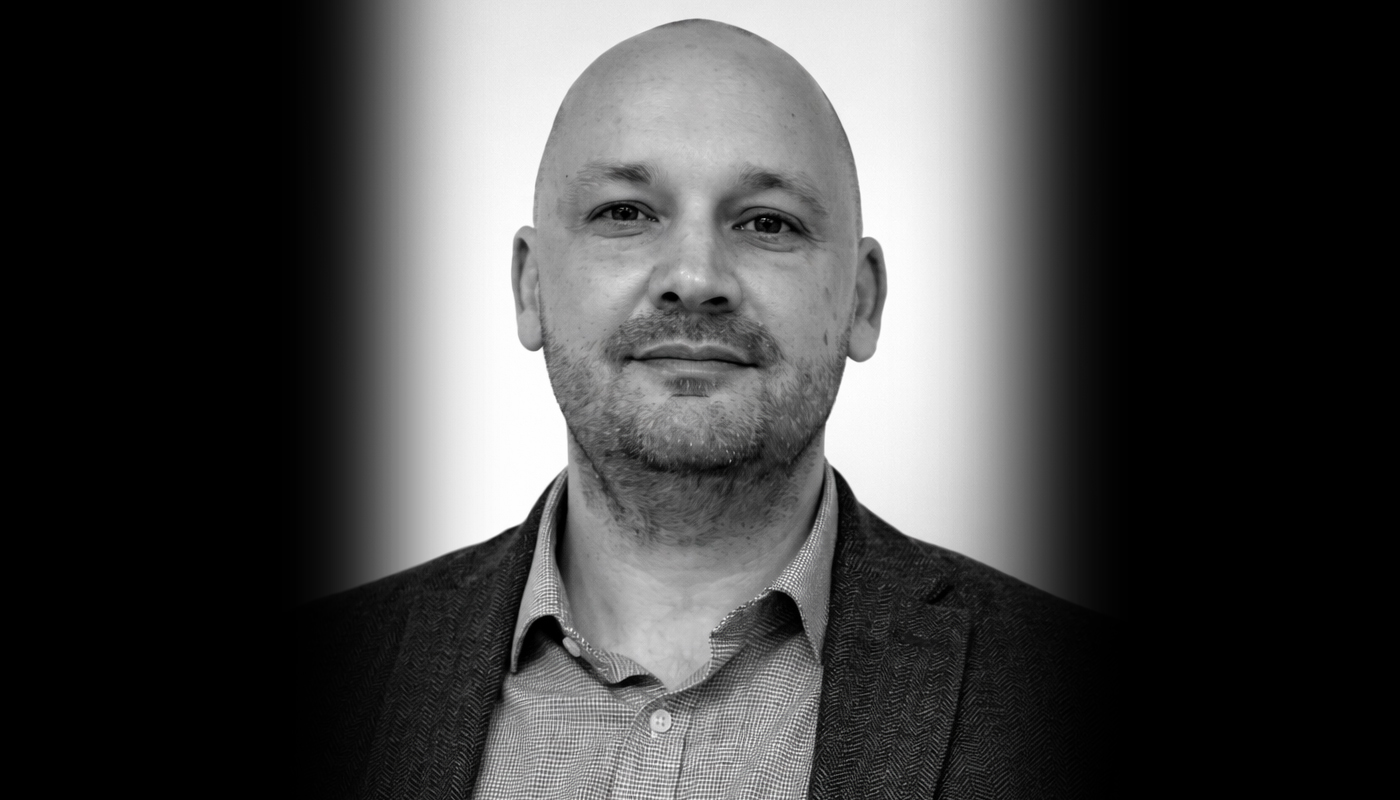Blum reports 11.6% turnover increase for 2021/22 financial year
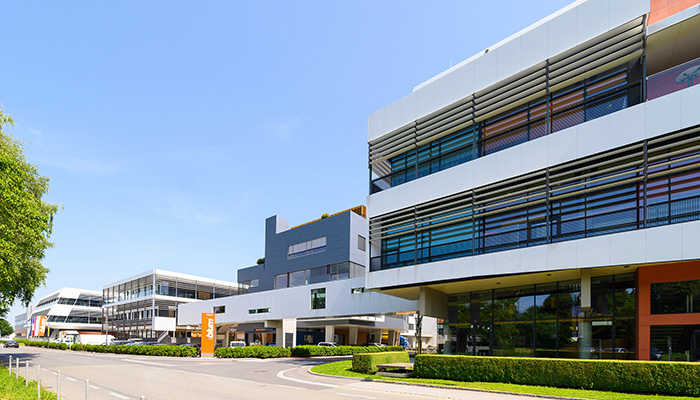
Blum reports 11.6% turnover increase for 2021/22 financial year
Austrian fittings specialist Blum has recorded an 11.6% increase in turnover for the 2021/2022 financial year ended 30th June 2022, representing a growth in turnover of 266million euros on the previous year, and confirming the fact that the global demand for kitchens and furniture remains high. The family-owned business has posted 2,643.65million euros in Group turnover for the 2021/2022 financial year, increasing its sales by 266million euros on the previous year.
Philipp Blum, joint MD of Julius Blum GmbH, said: “Consumers were again drawn to the homing and home improvement trend which remained strong during the last year. The demand for fittings has stabilised at a high level."
However, he cited the ongoing Covid pandemic, the war in Ukraine, the increase in price of raw materials along with the increase in price of transportation as ongoing challenges for the business. The worldwide shortage of freight containers, heavy goods vehicles and drivers has also created problems. “This year’s increase in turnover is partly due to a growth in sales volume and partly due to the price adjustments we had to make because of the dramatic rise in costs,” he explained. Additionally, the family-owned business added 644 employees to its headcount last year, taking staff numbers worldwide to more than 9,422. 6,981 of these employees are based in Austria.
The company has invested a total of 224million euros in its main Austrian production facilities. “This is where we develop our products and production methods, where we create most of the added value,” said joint MD Martin Blum. “To overcome global supply chain challenges and reduce our ecological footprint, we will expand our global production network – in Europe and internationally.”
He added that one of the most important investments is in the training of skilled professionals. He said: “Our programme of vocational training and ongoing education is designed to stem the shortage of skilled workers. We train 400 apprentices worldwide, 363 of whom in Vorarlberg.”
Looking ahead to the forthcoming year the company is concerned about the high rate of inflation and rising cost of living. “People are having to think twice about how they spend their money. The fragility of international supply chains, complexity of transport logistics and volatility of raw material prices will remain a challenge,” said Philipp Blum. He concluded that the company needs resilience and flexibility to be able to respond to crises, learn from them and move forward. “Only in this way will we remain a reliable partner – to both our customers and employees,” he said.
Tags: industry, news, blum, philipp blum, martin blum, kitchens




